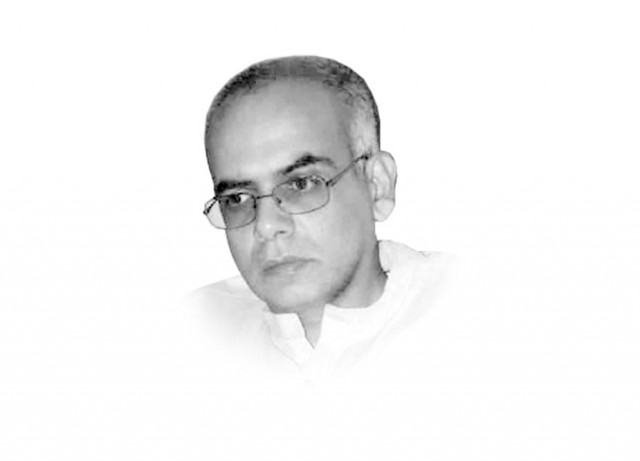Lagging prospects of human development
The need to give priority to human development concerns still remains on the back burner of national priorities.

Glaring inequalities exist across the world today. One evident manifestation of these inequalities is how the combined wealth of the world’s 85 richest people equals that of the 3.5 billion poorest people, who comprise half the Earth’s population. Over 2.2 billion people today are experiencing deprivation in various forms, including poor health, lack of education, inadequate living standards, disempowerment, poor quality of work and threat from violence. The situation in the group of 42 countries categorised as having ‘low human development’ is particularly alarming. Pakistan remains stuck at the 146th position out of 187 countries for the past three years, with the lowest human development indicators in South Asia. This should not be surprising given that 52 per cent of Pakistanis live in poverty. Bangladesh and India both showed some signs of improvement. Bangladesh, which was last year on a par with Pakistan at 146, has moved to 142 this year. India, which was at 136 last year, has moved one rank up to 135.
Natural disasters and lingering conflicts have taken a toll on the capacity of Pakistan’s policymakers to improve the lives of ordinary citizens over recent years. But the need to give priority to human development concerns still remains on the back burner of national priorities. Our human development challenges keep increasing. We have now become the sixth-most populous country in the world, with an estimated population of over 184 million during the past year, and providing a basic level of health, education and income security to our masses is no easy task. Pakistan is also among the 10 countries most vulnerable to the impacts of climate change and the cost of adaptation to its implied challenges, ranging from severe droughts to increased flooding, is alone estimated to cost over $10 billion annually for the next half-century.
The ultimate onus of securing an improved quality of life rests upon the people and governments of individual countries themselves. However, the world is now a more connected place where collaborative action and responsibility is essential to deal with transnational environmental problems and human development challenges. Researchers working on this year’s HDR have also placed emphasis on the need for reducing vulnerabilities and building resilience, guided by the principle of ‘universalism’: the idea that everyone across the world has the right to get basic social services. Emphasis on universalism requires creating a better balance between private and public interests, which the UNDP’s flagship publication has conceded to. It, however, remains to be seen if the UNDP can convince other international development agencies, like the World Bank, to realise this fact and allow developing countries to spend more money to provide these basic services to their citizenry, instead of curbing public expenditure and placing undue emphasis on use of market and profit-driven approaches to secure human development goals.
Published in The Express Tribune, August 8th, 2014.
Like Opinion & Editorial on Facebook, follow @ETOpEd on Twitter to receive all updates on all our daily pieces.













COMMENTS
Comments are moderated and generally will be posted if they are on-topic and not abusive.
For more information, please see our Comments FAQ